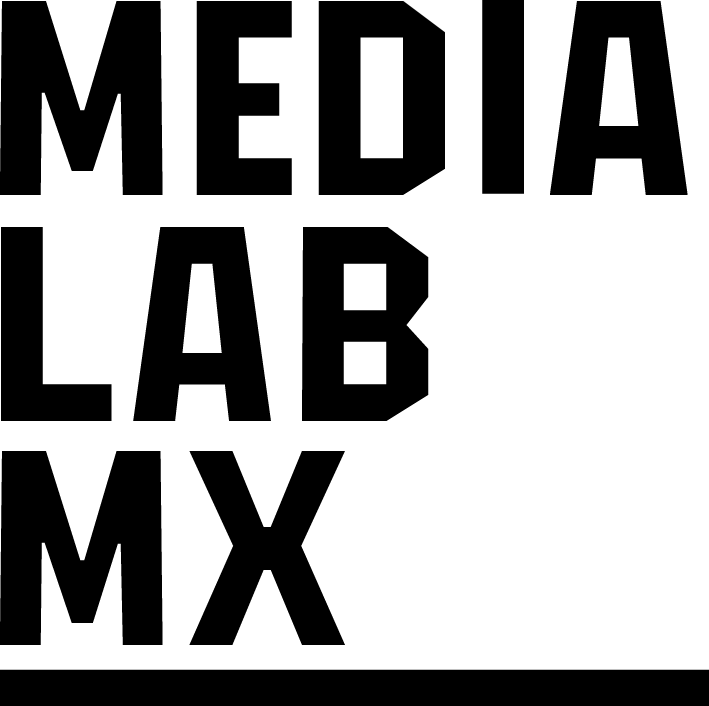
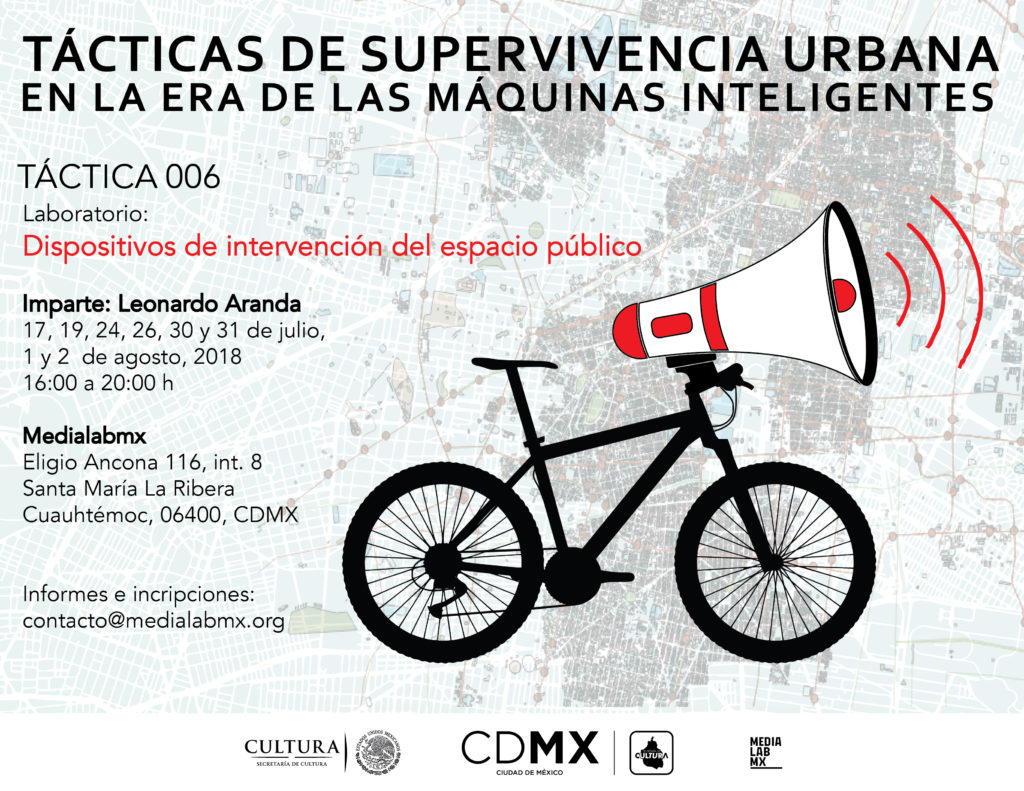
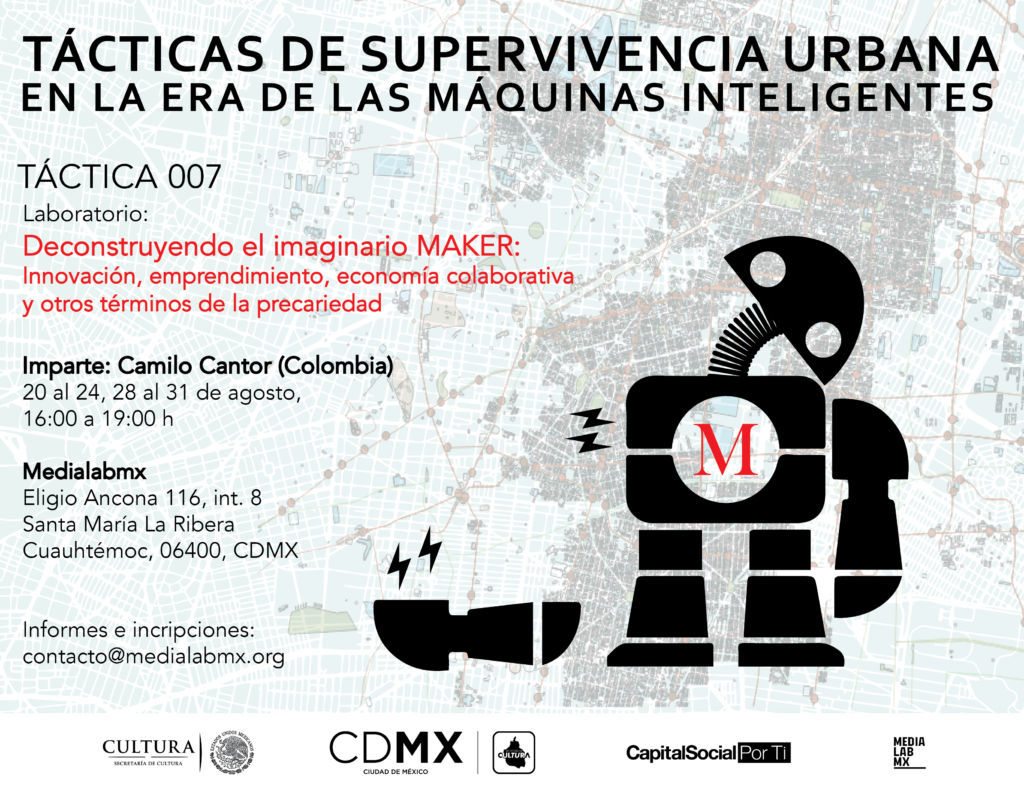
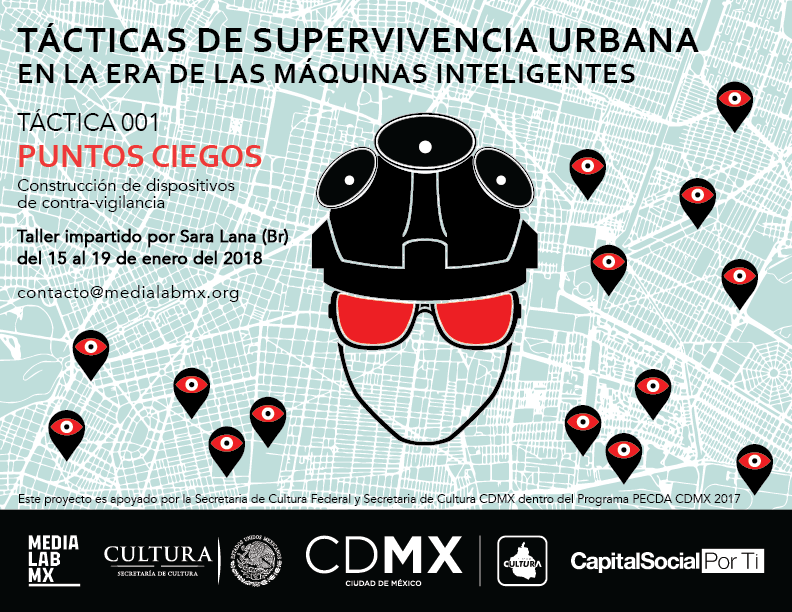
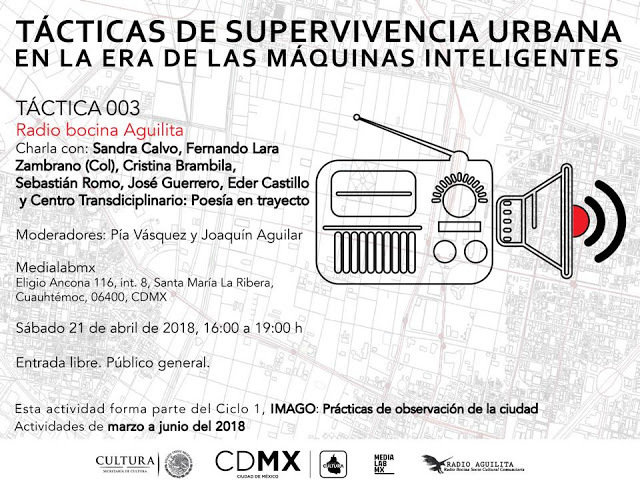
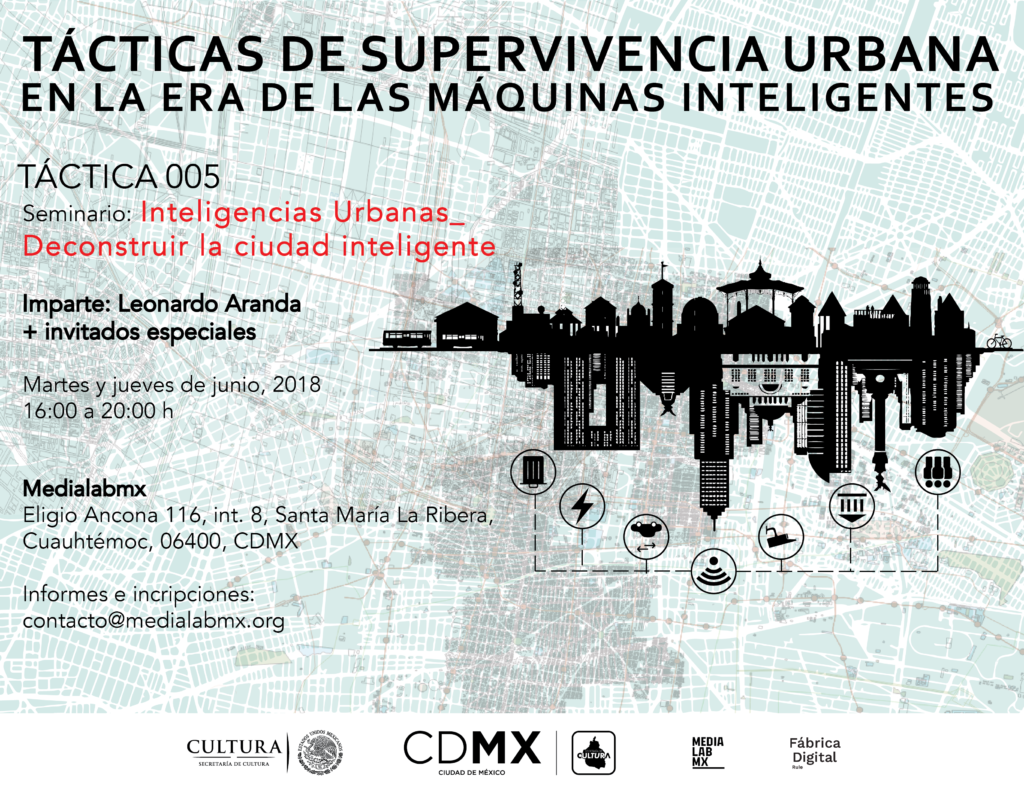
Urban Survival Tactics
in the Age of Intelligent Machines (2018)
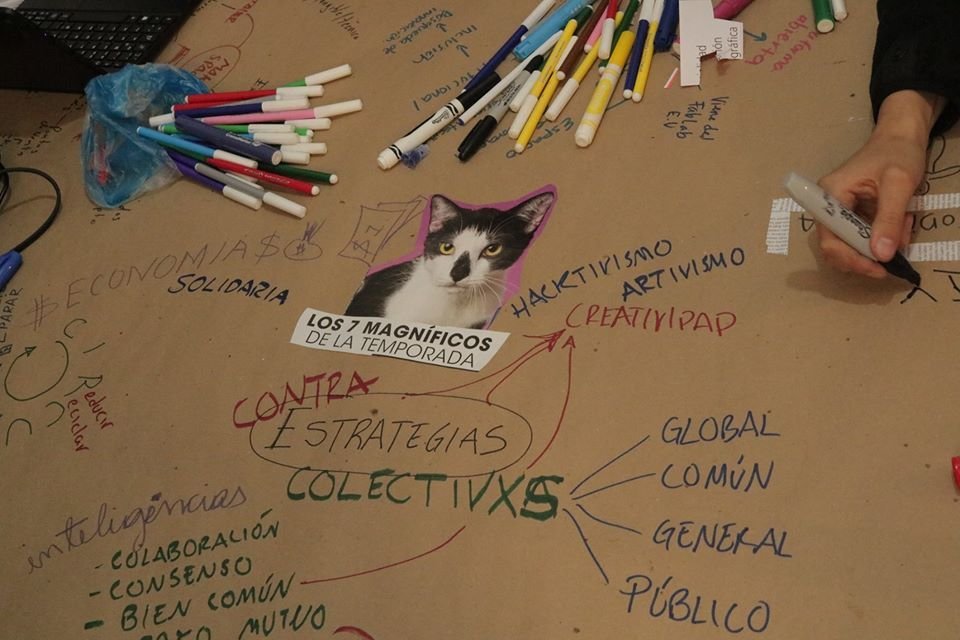
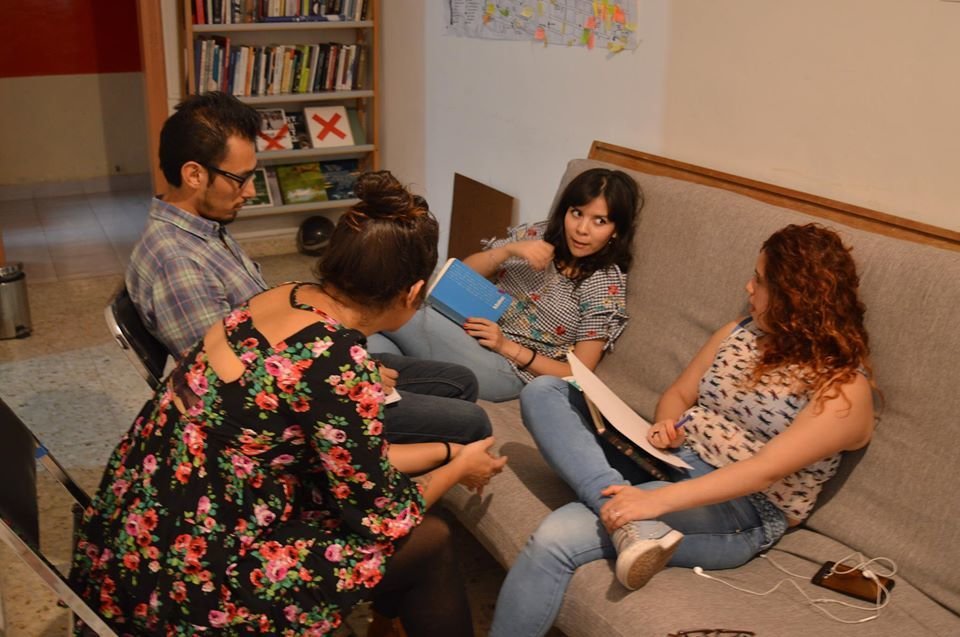
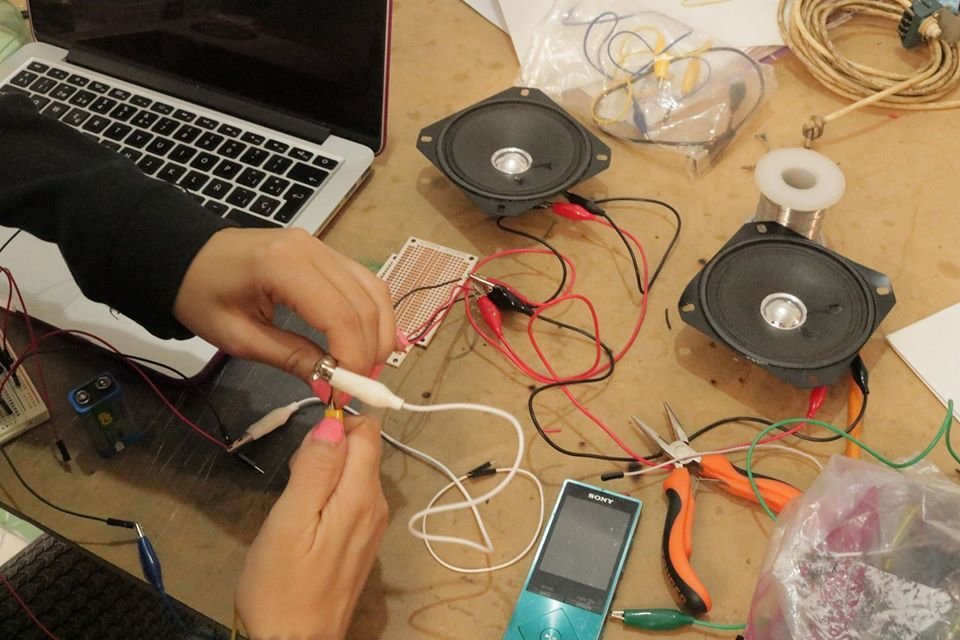


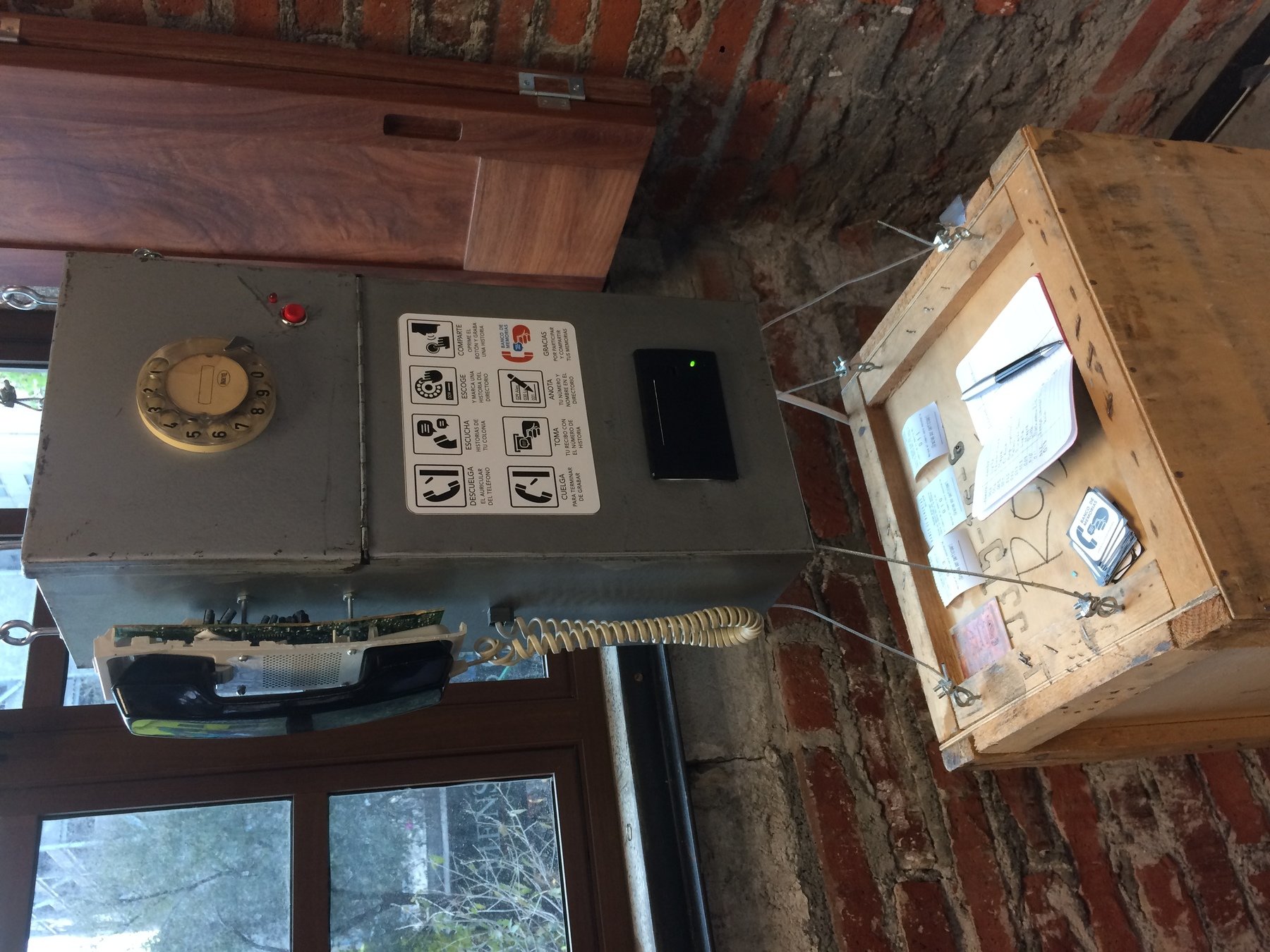
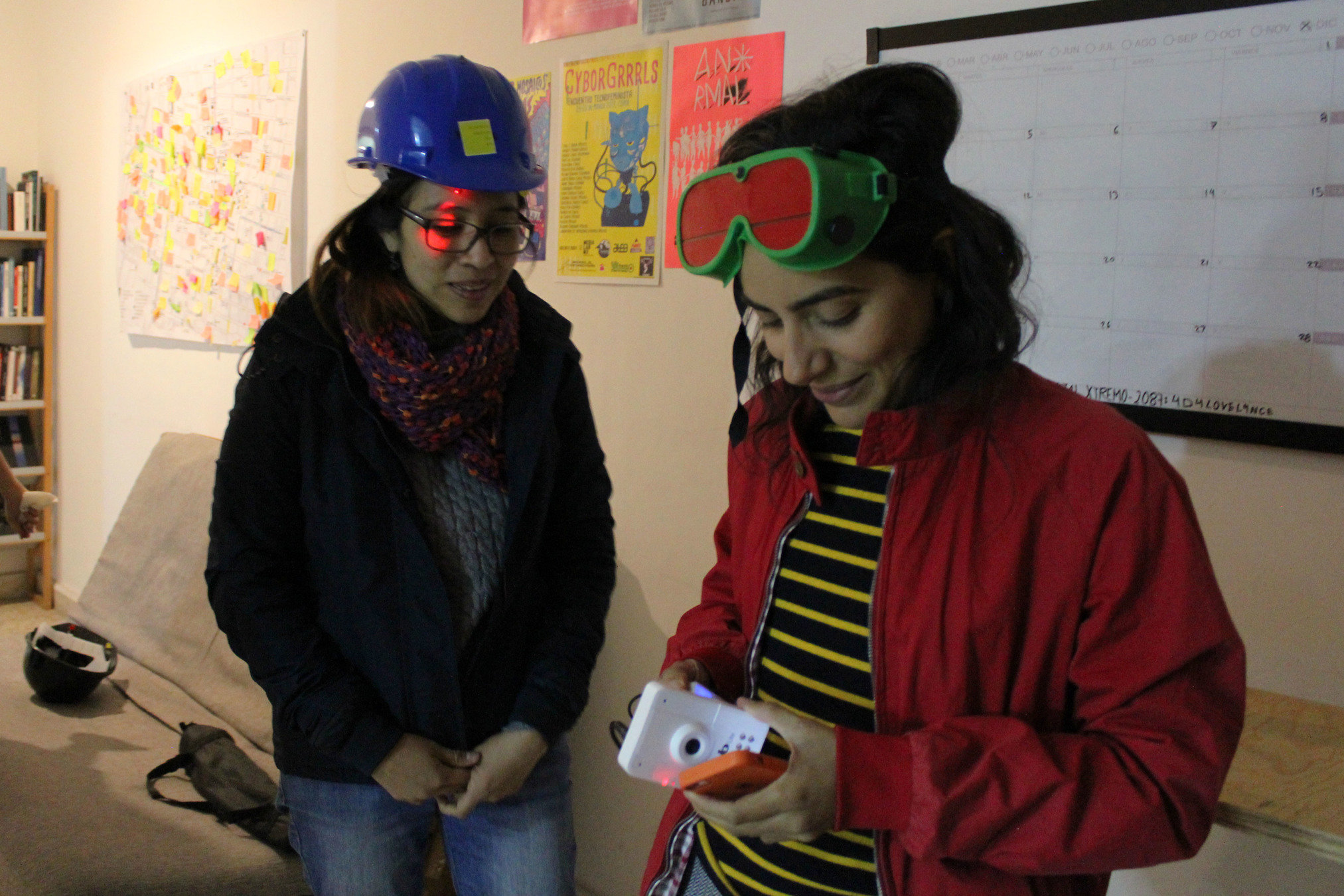
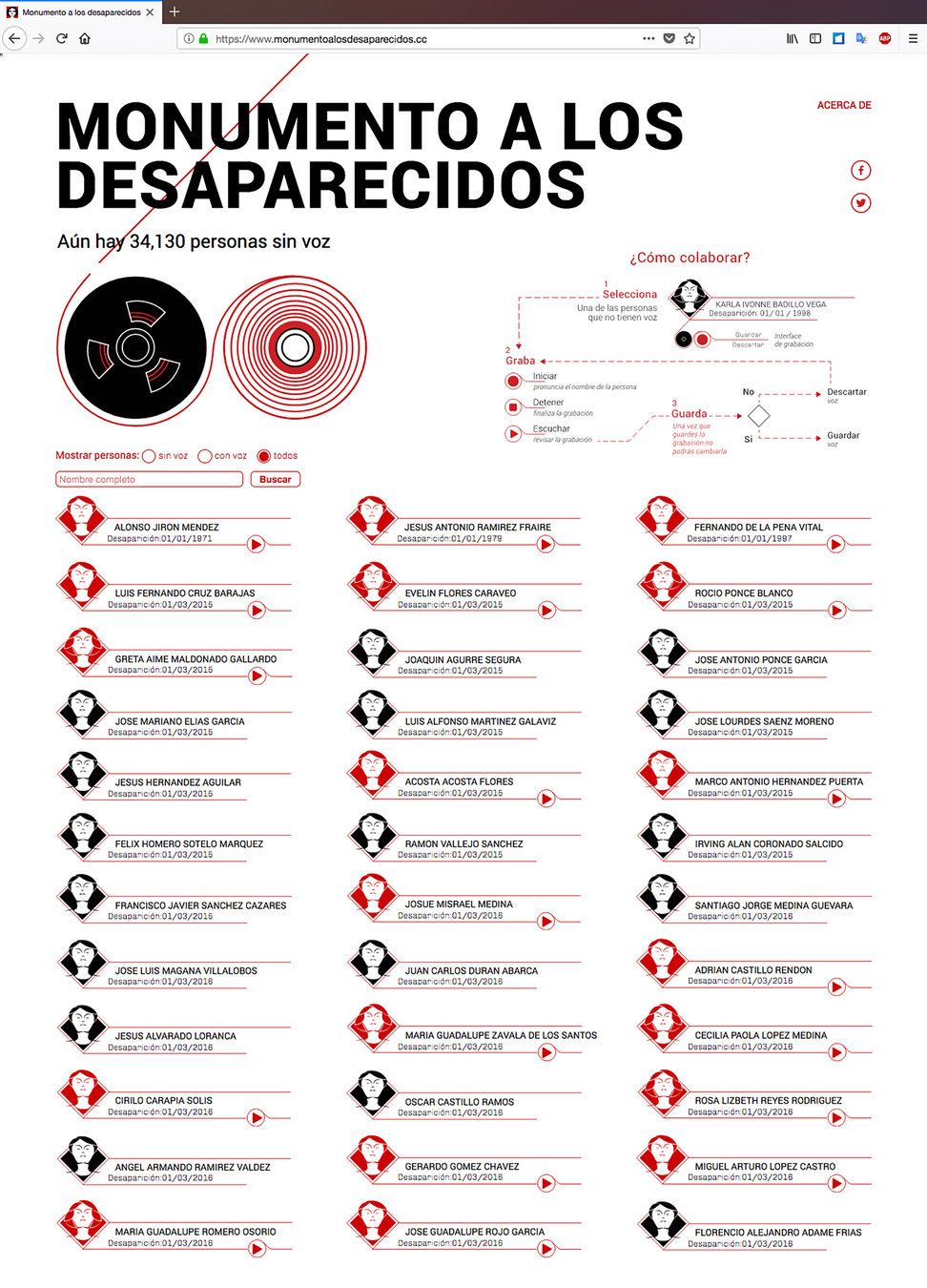
Monumento a los desaparecidos
Leonardo Aranda, 2018 -
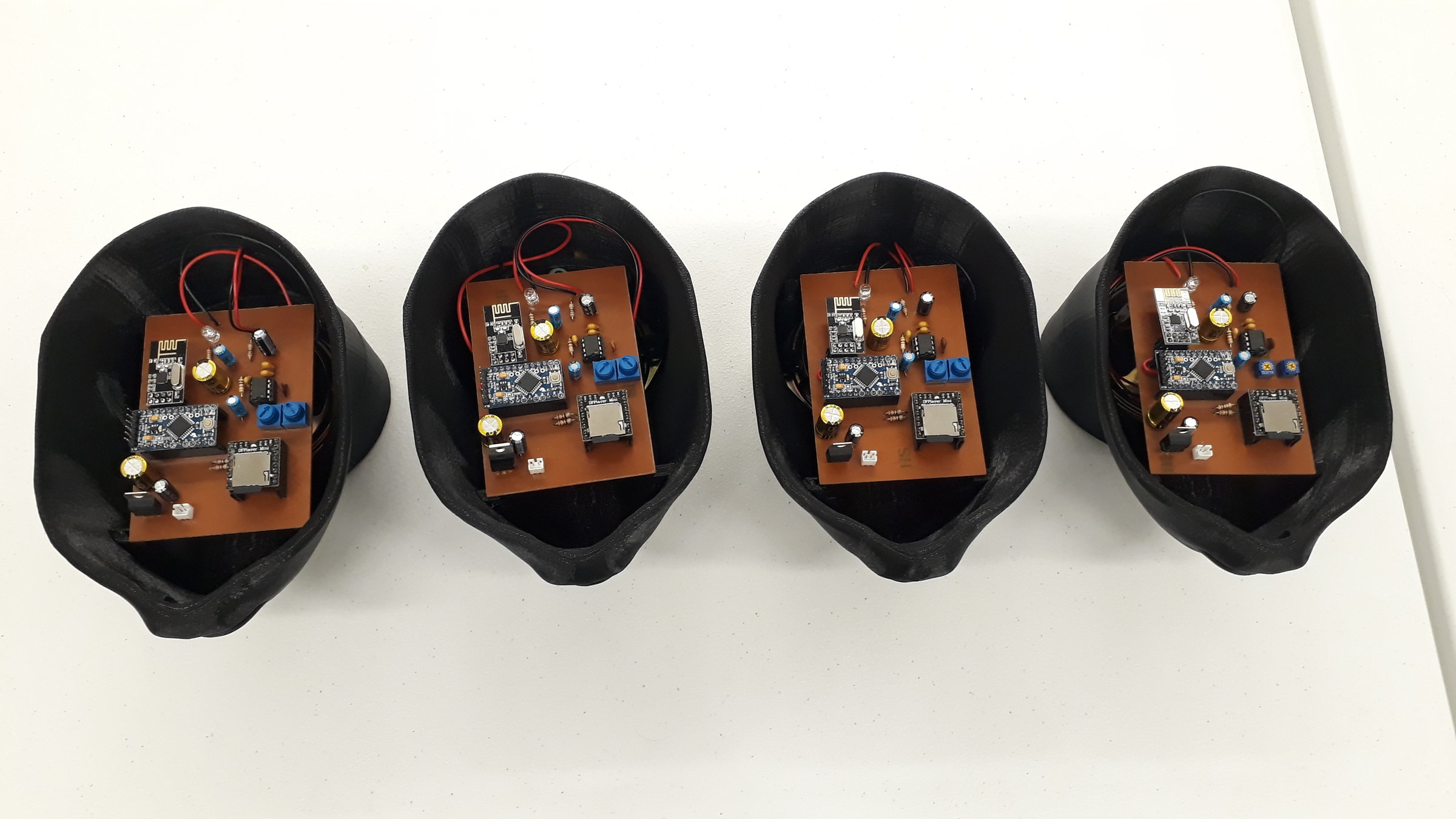

Monumento a los desaparecidos
Leonardo Aranda, 2018 -

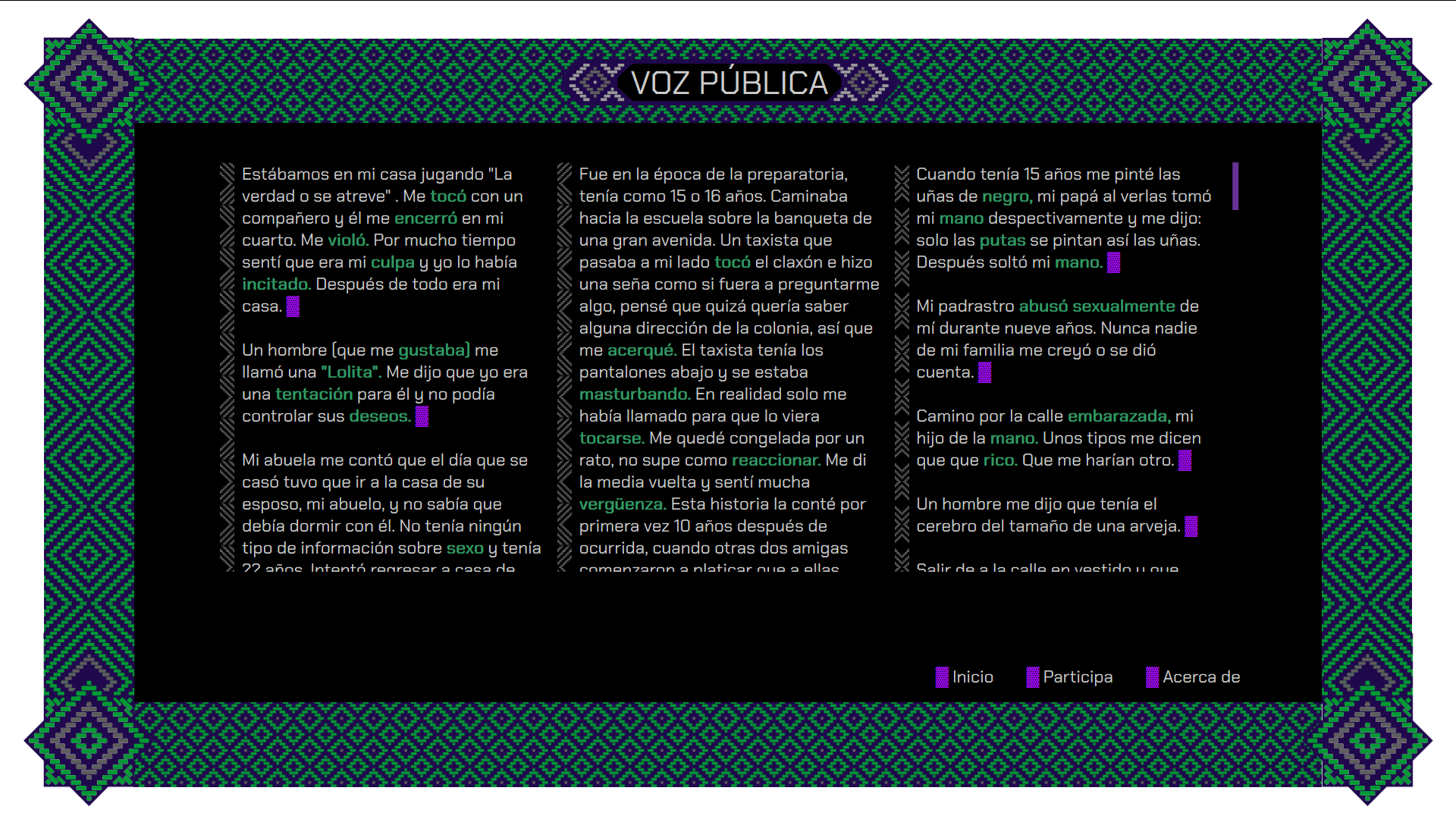
Voz Pública
Dora Bartilotti, 2019 - 22
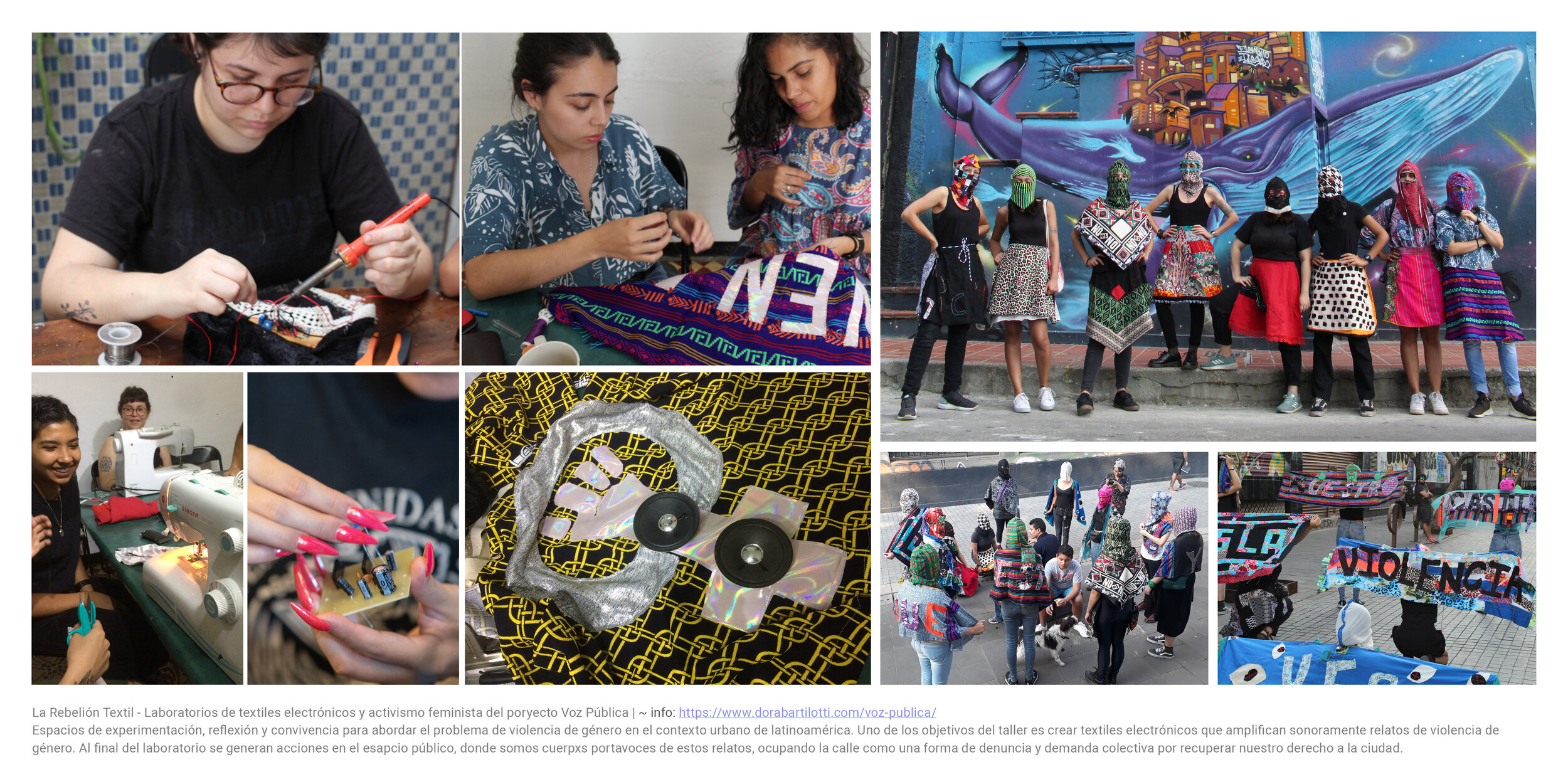



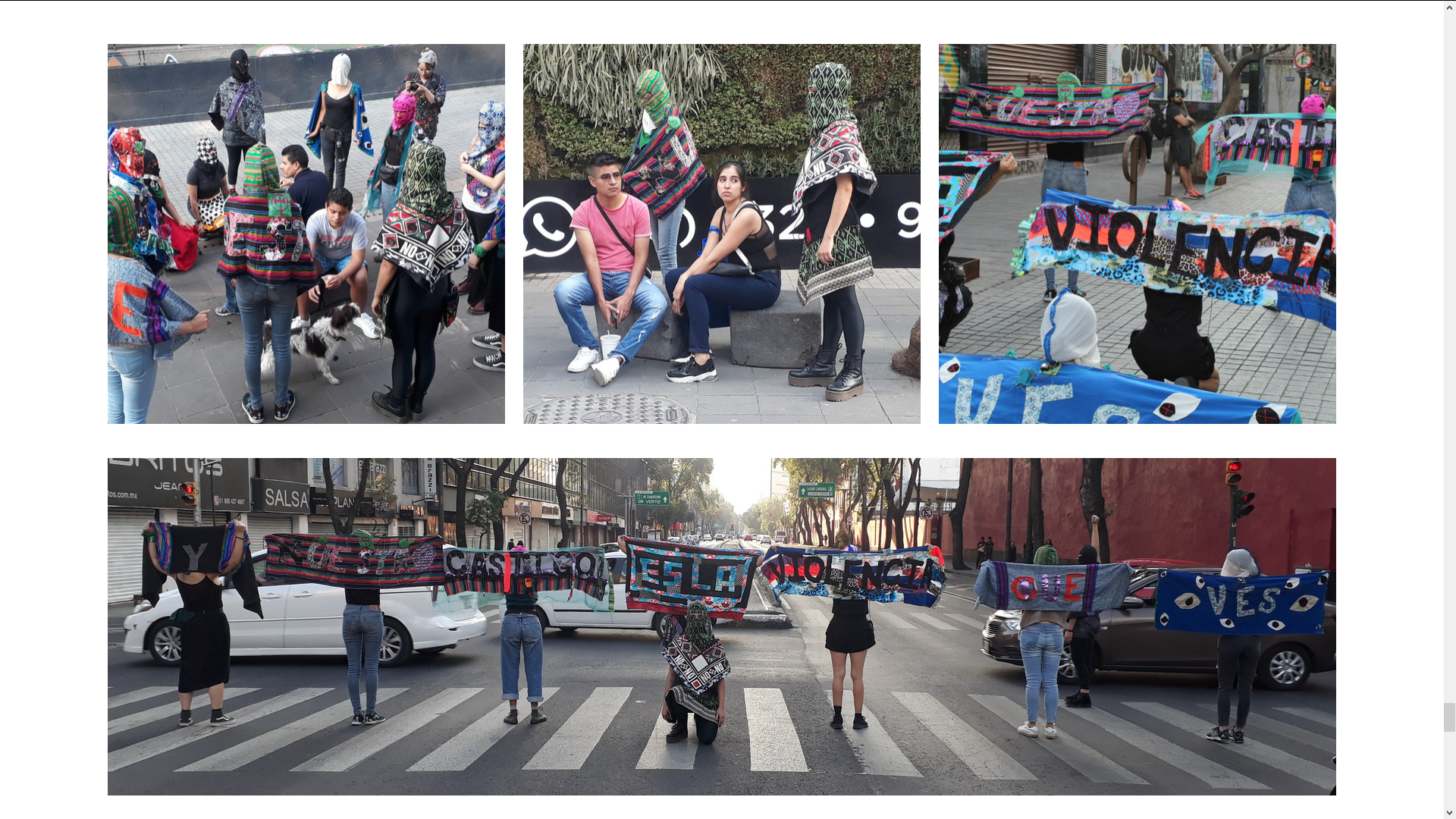

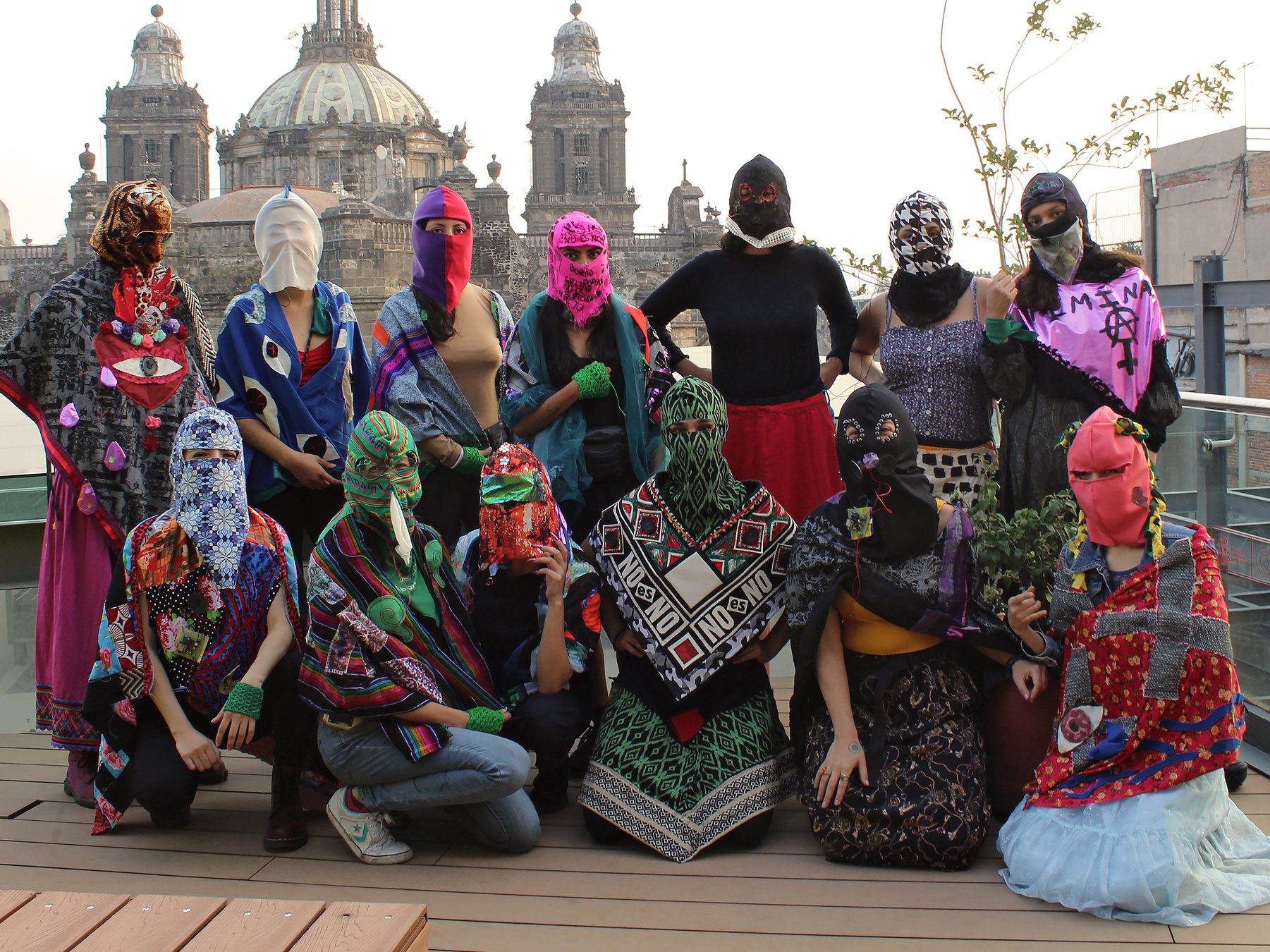
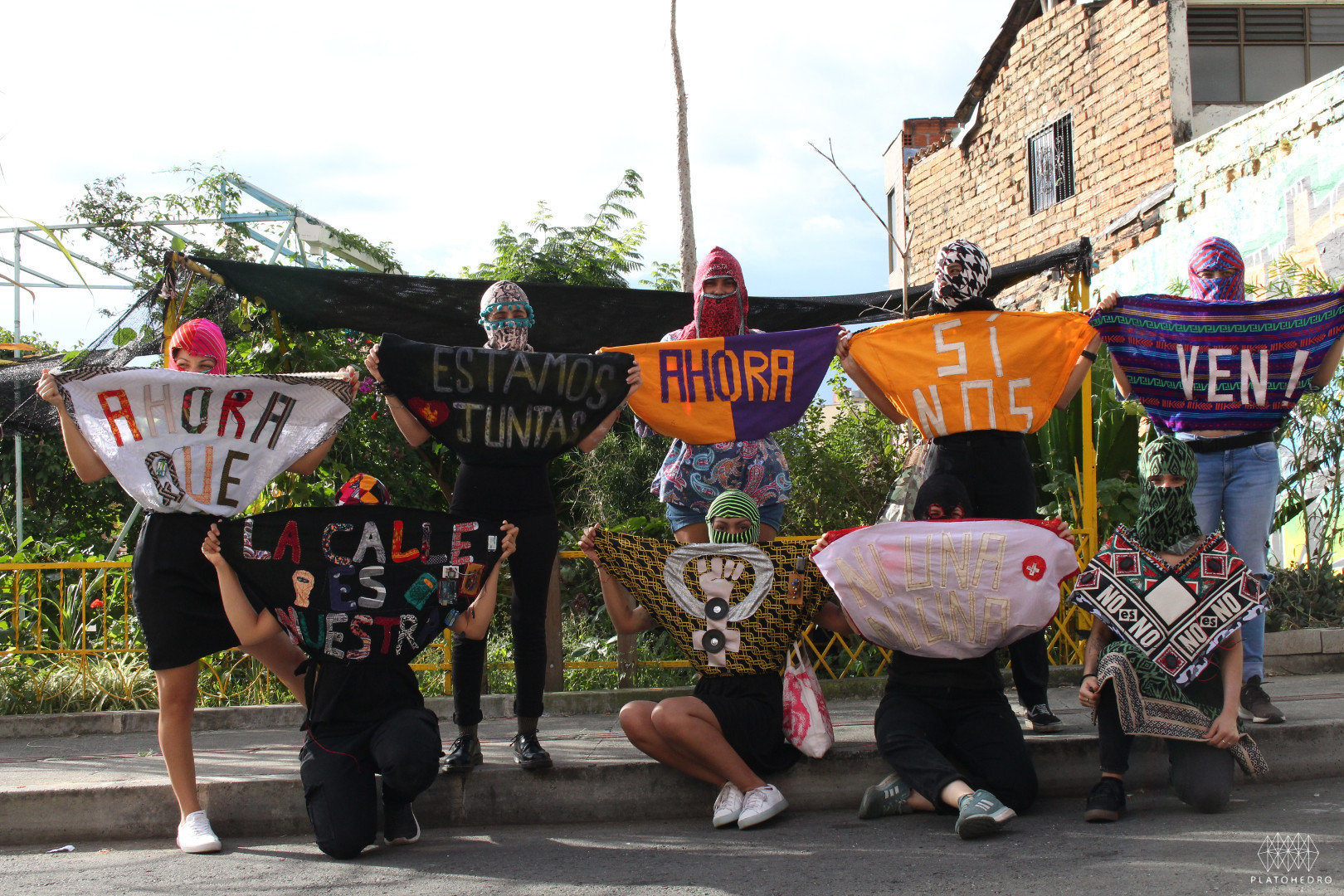
La has visto..?
Dora Bartilotti, 2020-22
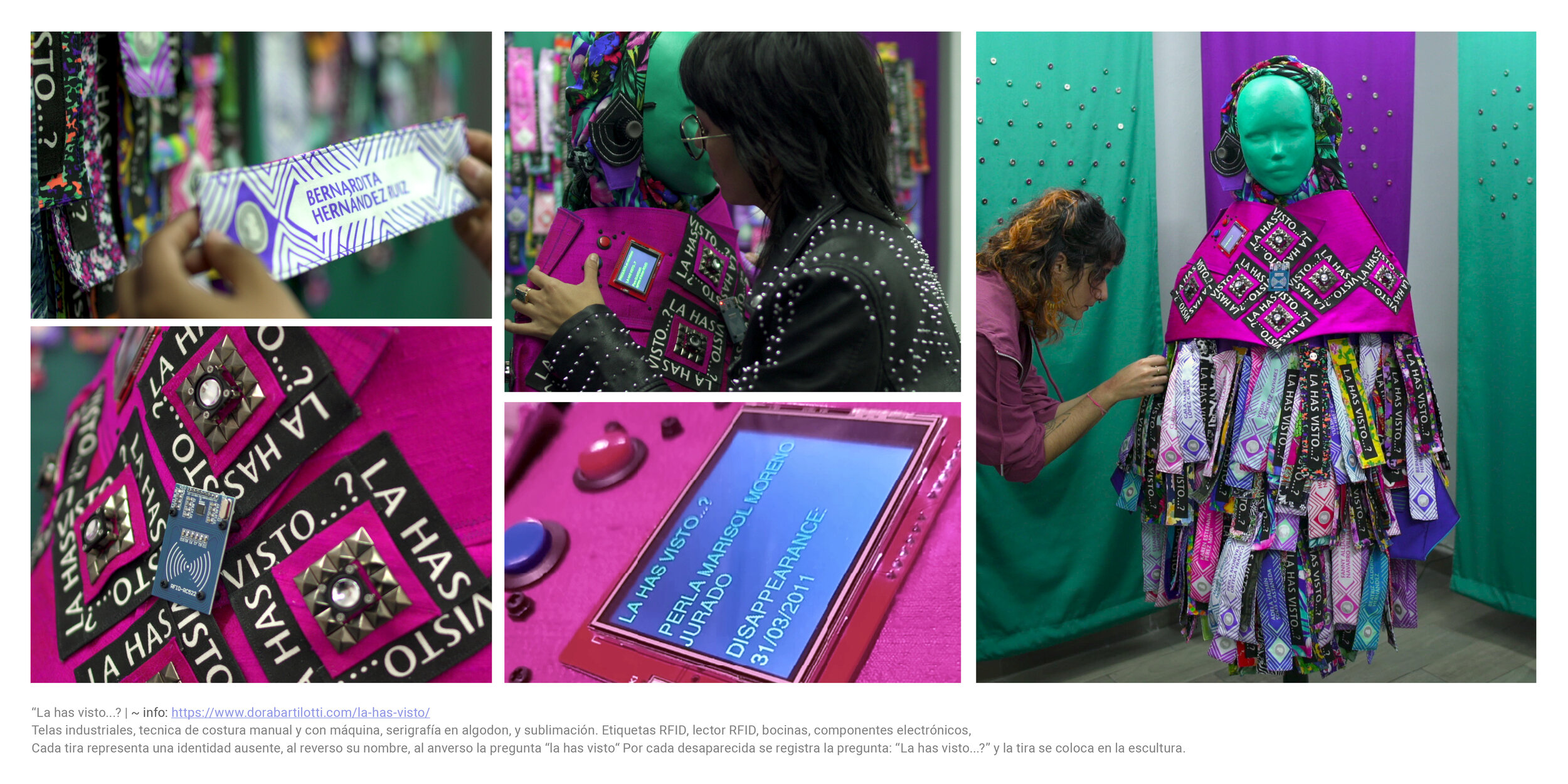

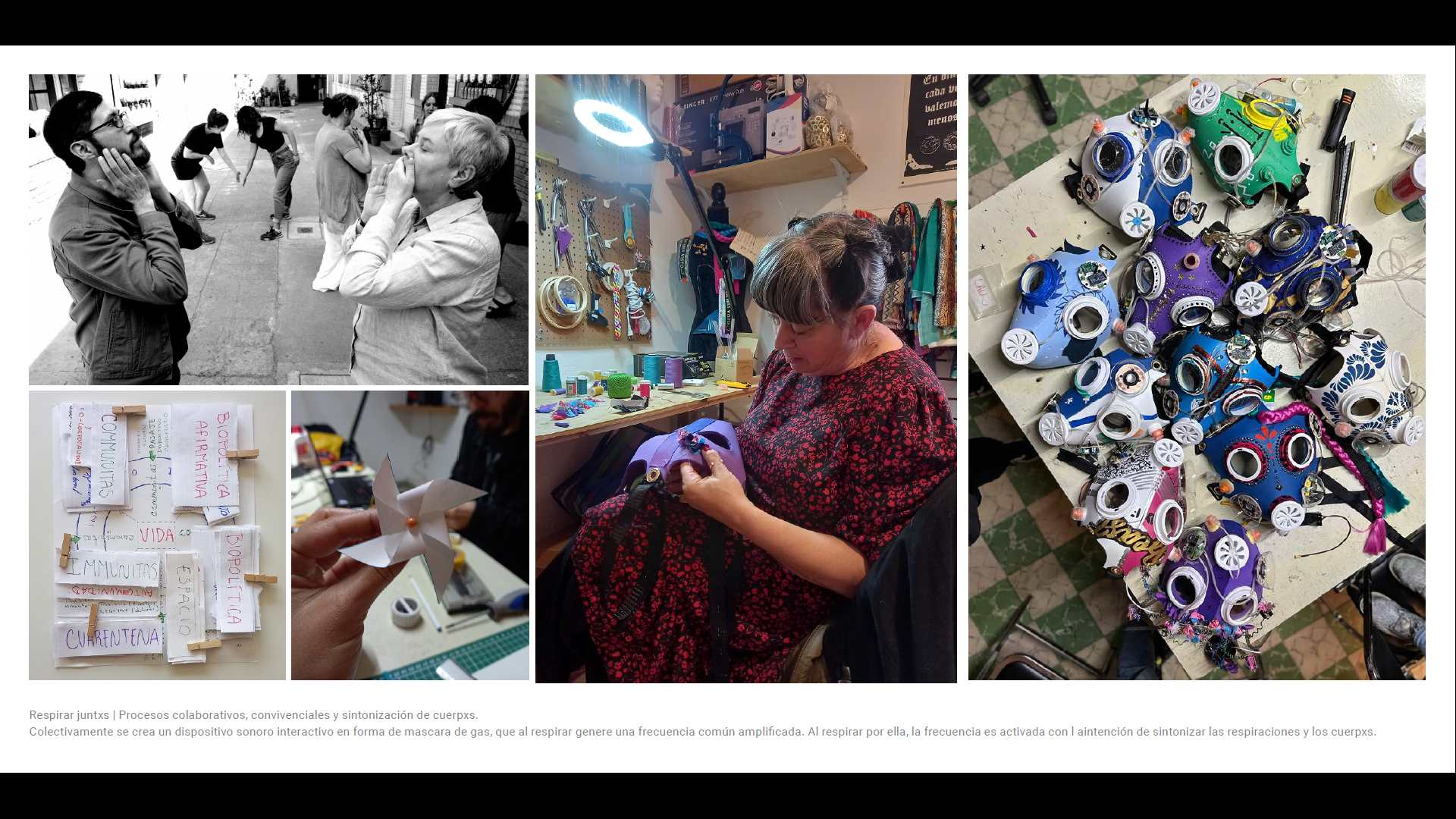
Respirar juntxs, 2020-22
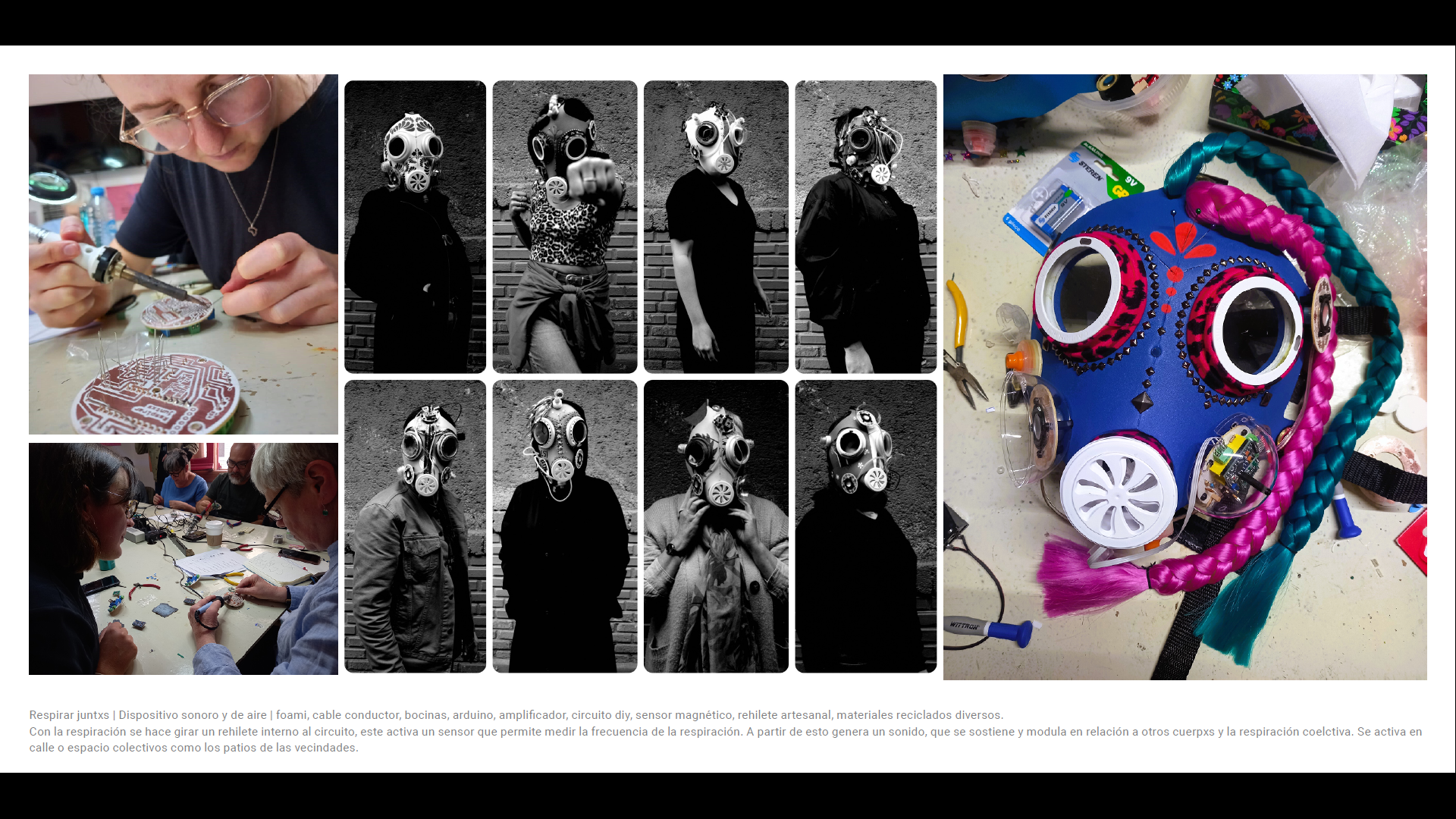
contacto@medialabmx.org
THANKS !

Conviviality: context
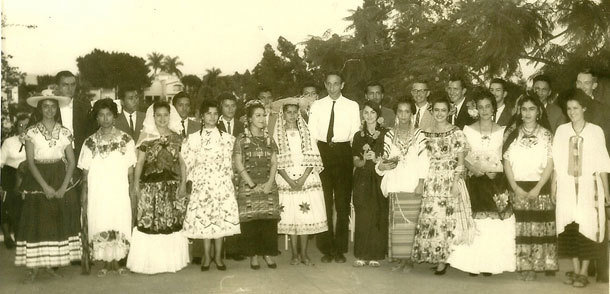
CIDOC (Center For Intercultural Documentation). Cuernavaca, México (1976).
Convivial Tools are those that:
- "drive meaning and intentionality between the human being and the world"
- Allow people to control the tools and not the tools to the people
- Increase the autonomy of the individual within society: the individual is active in the creation of social life
- Are at the service of the community and not of a body of specialists
- Exist in the vernacular domain:
a) They exist autonomously from the capitalist market, but do not correspond to traditional pre-capitalist economies
b) belongs to the domain of the commons and its knowledge is transmitted in doing
- They are productive (real productivity) and not counterproductive (industrial productivity)
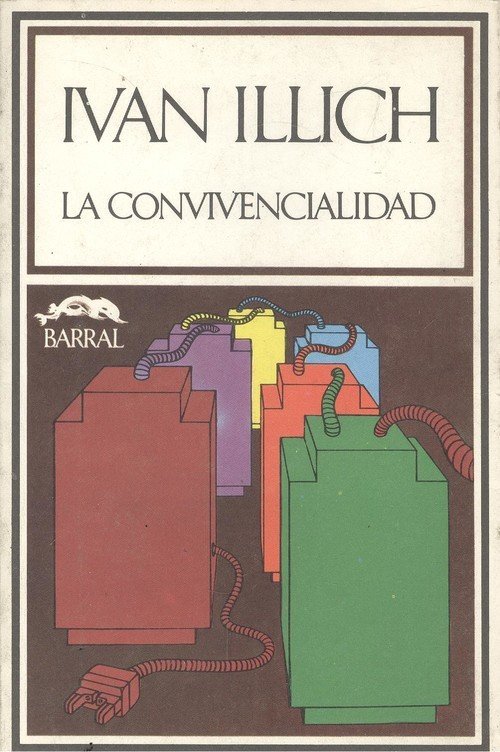
Tools for conviviality, Ivan Ilich, 1971
"The convivial society is the inverse of industrial productivity" (counter-productive), where the latter is one where:
- The meaning of productivity is restricted to a merely economic sense
- Productivity follows a ritual of progress (Abstract Progress)
- It builds radical monopolies in which what previously existed in the field of the commons (commons) is in absolute control of the industry (de-skilling) creating artificial needs.
- Crosses two thresholds of real productivity:
a) homogenization: technology is generalized and becomes a product of more or less mass consumption.
b) counterproductivity: technology stops contributing to the objective for which it was initially designed and is oriented towards an abstract notion of progress
- A relationship is created between industrialized and non-industrialized countries to create a modernization of poverty, based on indebtedness.

Ethical values of the convivial tools:
- Survival
- Equity
- Autonomy
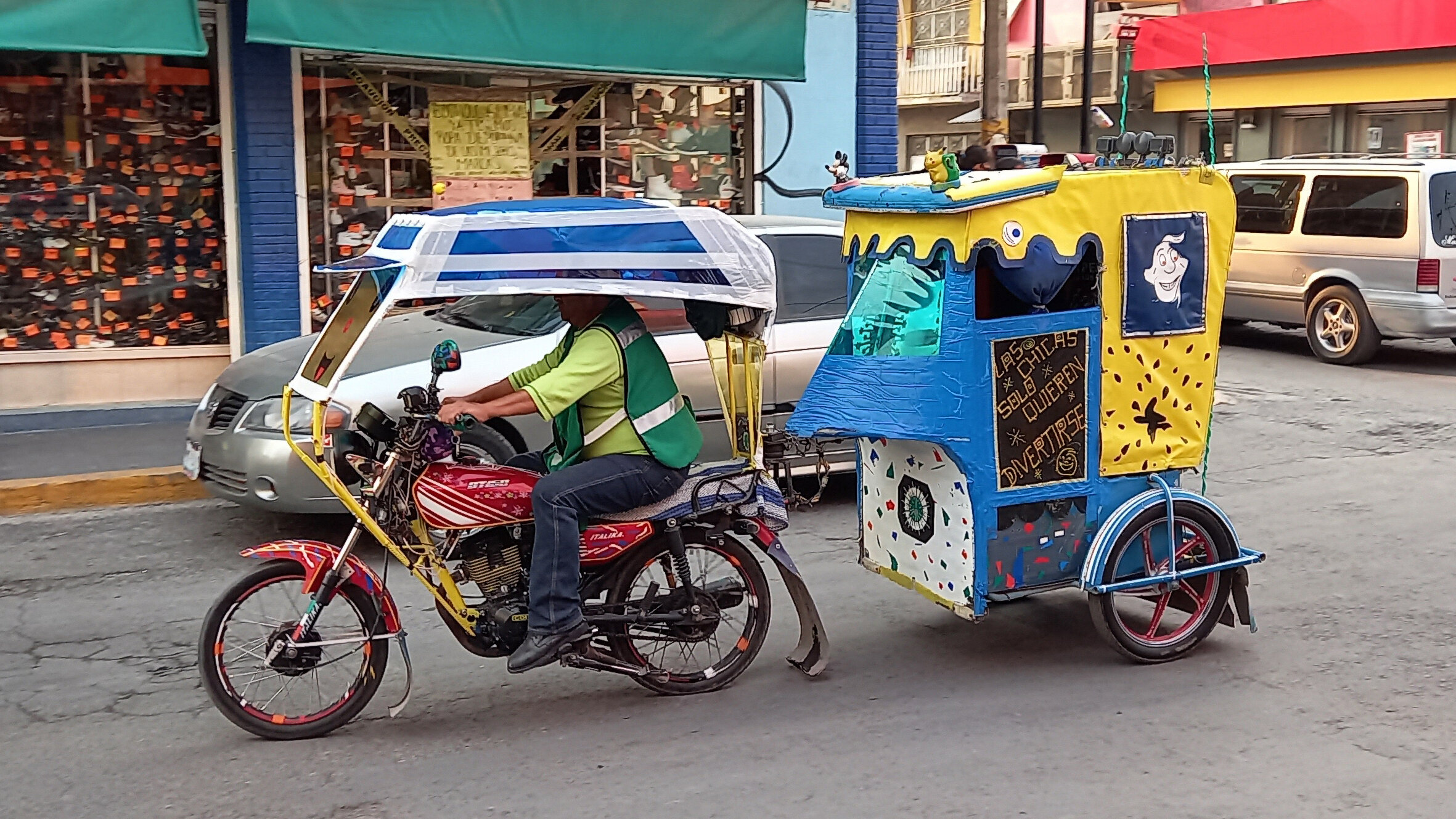
Autonomous mototaxi driver, Santa Clara, Ecatepec, Mexico.
Design values of Convivial Tools:
-
"Generates efficiency without degrading personal autonomy"
-> Their knowledge is not in the hands of specialists.
-
"Does not create masters and slaves"
-> It is decentralized and does not depend on large infrastructures.
-
"Expands the proportion of human action"
-> It is transparent in its operation, repairable, simple to use.
- Establishes a metabolism between nature and society that is created locally
-> It is ecological.

Rizomatica: community-led telecommunications
Convivial Computing
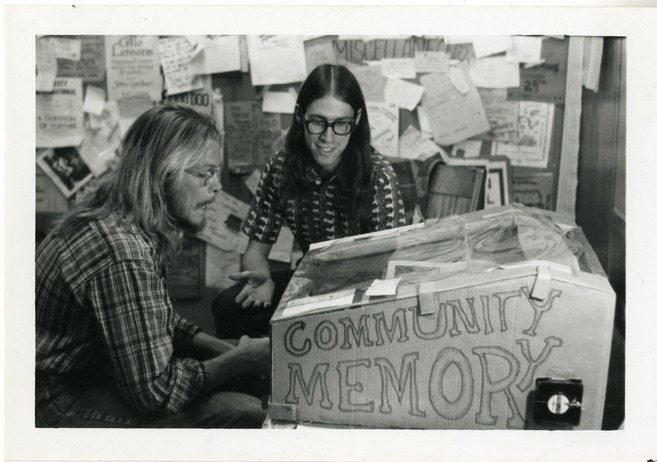
“ I wanted to help define, and help create, media that contributed to the development of a local community. And now I was presented with networking technology that could be a foundation for communities of interest - communities that could exist in defiance of geography. "
Lee Felsenstein
Community Memory, Berkley, California, 1973
Convivial Computing
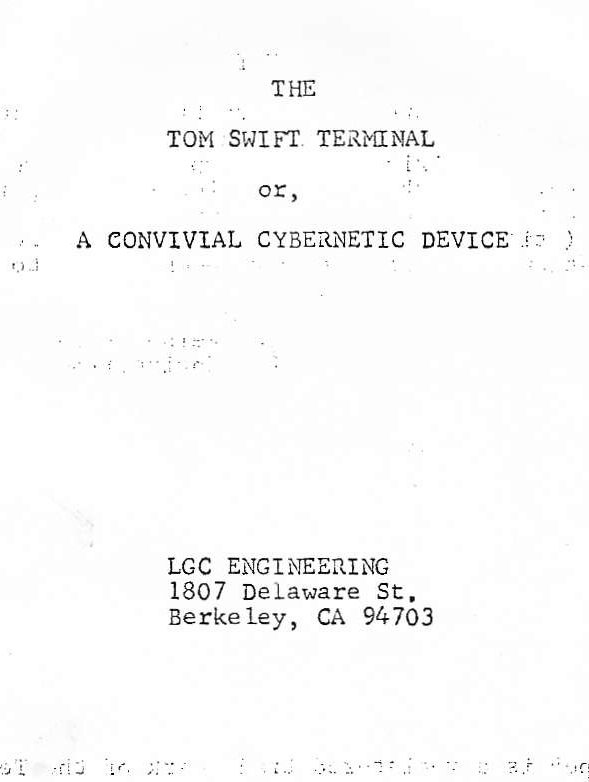
“we had several discussions about a computer appropriate for a public access environment, how it would be built, what it would be like; and my proposition, following Illich, was that a computer could only survive if it grew a computer club around itself. What is this computer like? How will it work? here's a route into the convivial computer."
Lee Felsenstein
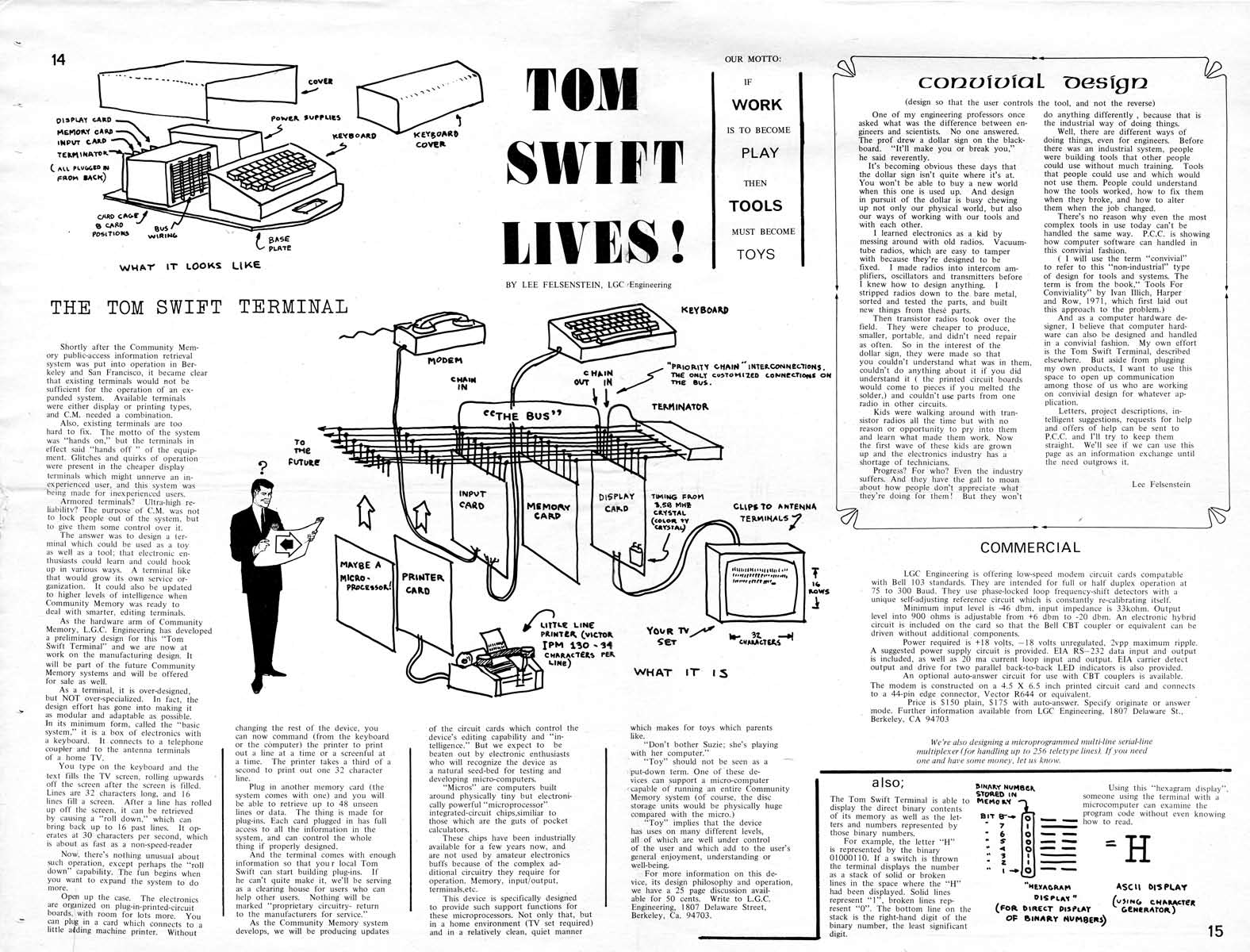
Tom Swift Terminal: a convivial cybernetic device, 1975